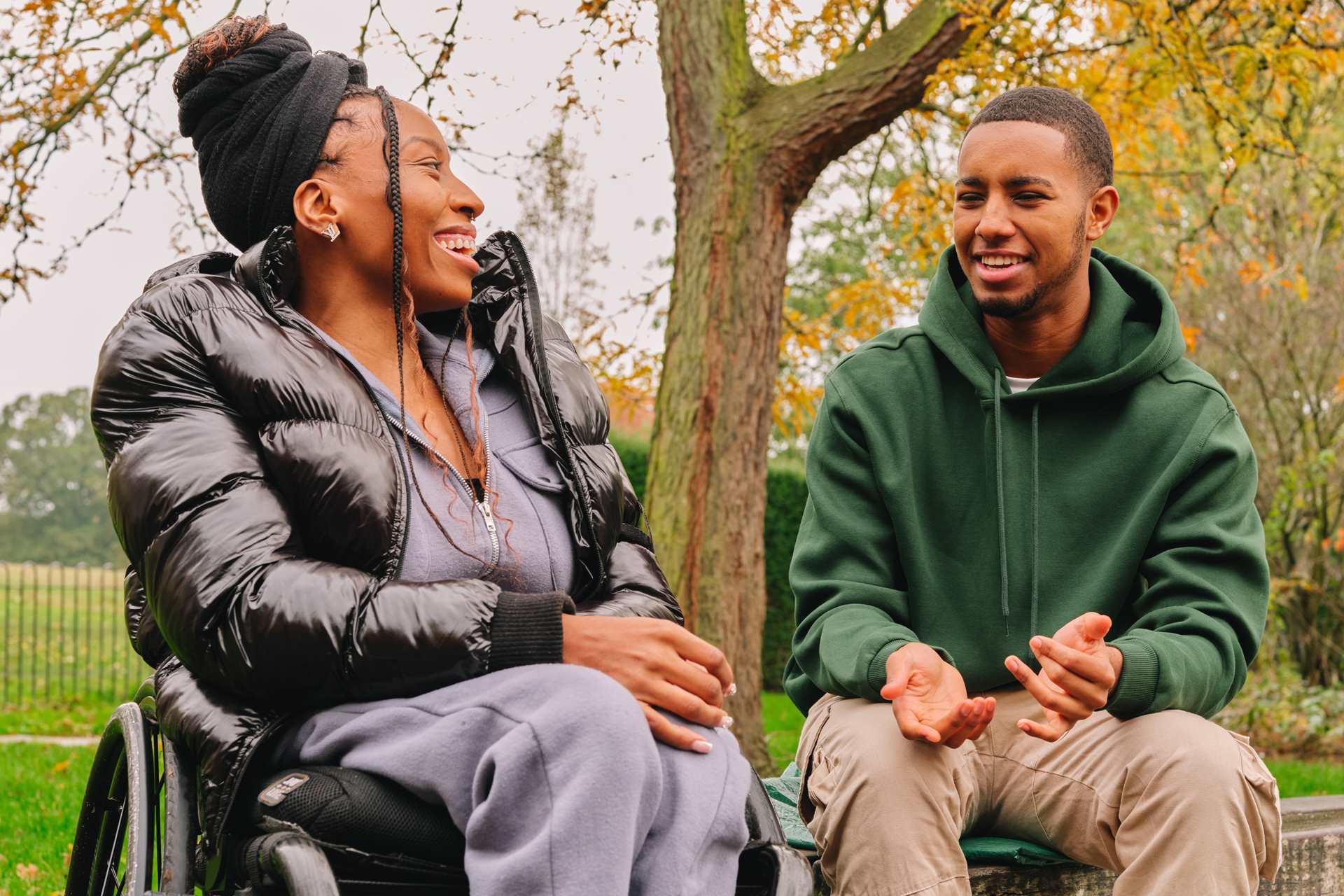Your doctor should know
You need to talk to your doctor or pharmacist before starting treatment with amitriptyline if any of the following apply to you:
- you have any blood disorders (you may bruise easily, frequently suffer from infections or be anaemic)
- you have another mental health condition (e.g. schizophrenia or bipolar disorder)
- you have liver or heart disease
- you cannot urinate (go for a wee) easily
- you have an enlarged prostate gland
- you have an overactive thyroid gland and/or you are taking medicines to treat a thyroid disorder
- you have epilepsy
- you are being given electroconvulsive therapy (ECT)
- you have increased pressure in the eye (known as narrow-angle glaucoma)
- you are taking a monoamine oxidase inhibitor (MAOI), another type of antidepressant, or you have taken a MAOI within the previous 14 days for depression - MAOIs include moclobemide, isocarboxazid, phenelzine and tranylcypromine
- you have a problem with your blood called porphyria







